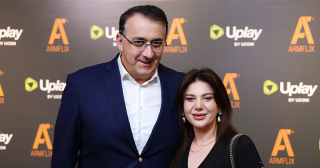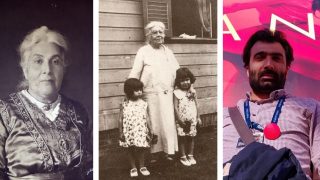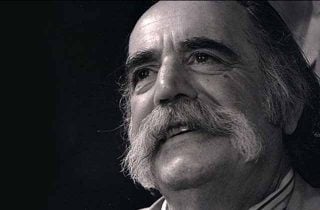
The Very Moment the Plane Landed in Armenia—I Felt Myself Like at Home: Exclusive Interview with Jamala
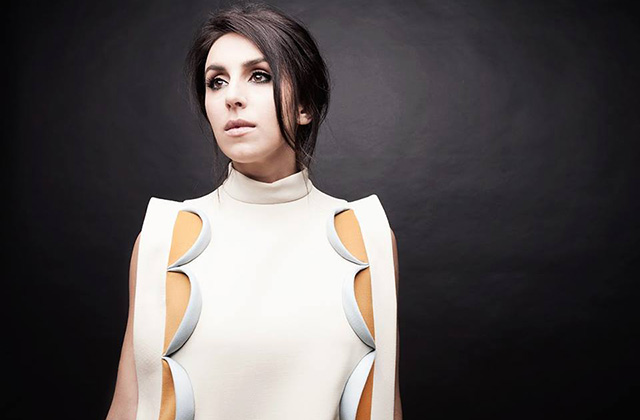
Jamala (Susana Jamaladynova), jazz and opera singer, is the Ukrainian representative in the 2016 Eurovision Song Contest with the song “1944.” A song, widely discussed on the internet, as it contains special messages for Russia. For the first time Jamala performed when she was 15. She participated in a range of music contests and festivals, holding top positions. The turning point of her career path came with her performance at the “New Wave –2009” International Contest of Young Pop Singers in Jūrmala, where she was awarded with the grand prix, sharing the first place with the representative from Indonesia.
Jamala’s mother is a Christian Armenian, and father—a Muslim Tatar. In one of the interviews she stated there was no intolerance in their family, and she adhered to Islam. The fact of her mother’s being Christian, the depth and originality of her performance of “1944” couldn’t leave us indifferent, that’s why we had an interview with the singer. Despite her heavy schedule, Jamala agreed to give interview to 168.am.
–Jamala, firstly, I wonder, what does success in your carrier depend on?
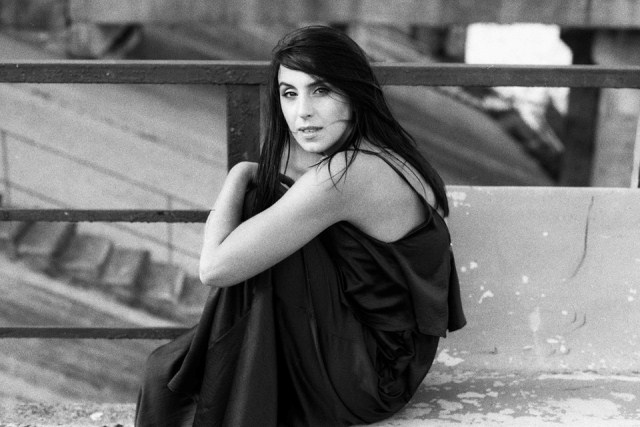
–I consider, achieving success depends on persistence and hard work, as well as on a dream and faith, that you’ll succeed. I’m convinced, people’s dreams manage them. Even if it seems unreal, it’ll motivate you for self-perfection and reaching new heights.
– You’ll appear with “1944” in Eurovision Song Contest, on which you said, “For me this is a very personal song, and I really want this story to be known by more people and in our country, and abroad.” Why did you chose this very topic?
–The story of the song started, when I was a little child. My great-grandmother—Nazilkhan, who revived migration, told me a lot about it. When the Soviet army entered Malorechenskoye (it’s the village of my great-grandmother and the whole family), they welcomed them as heroes-liberators, hosted in their homes, treated, and song to them. This lasted for 5 days. And on early May 18, they told, “You have 15 minutes to gather your belongings…” Then they stuffed the people in the freight wagons like animals, sealed the wagons, and deported them to Central Asia. This topic has bothered me all my life. It seemed to me, that the tragedy has been forgotten, nobody remembers of the 10 thousand Crimean Tatar people, died in the wagons and then in Central Asia. Their soles weren’t rested. Just about half a year ago I decided to write a song about this. At first, I named it “Душі” (Ukrainian word for ‘soles’), the text is in Ukrainian, and the chorus in the Crimean Tatar language. Then I decided to create the English version and named it “1944.”

–Who do you consider a serious contestant in Eurovision?
–There are a lot of good performances, songs, interesting people and different vocals this year. It’s difficult to single out anyone, when you don’t know what will be decisive for the victory—vocal, performance or the song? My song—“1944,” is distinguished with both its sense and emotional energy, and it’s difficult to choose a contestant in this regard. I like performances of the representative from the Great Britain, Sweden and France.
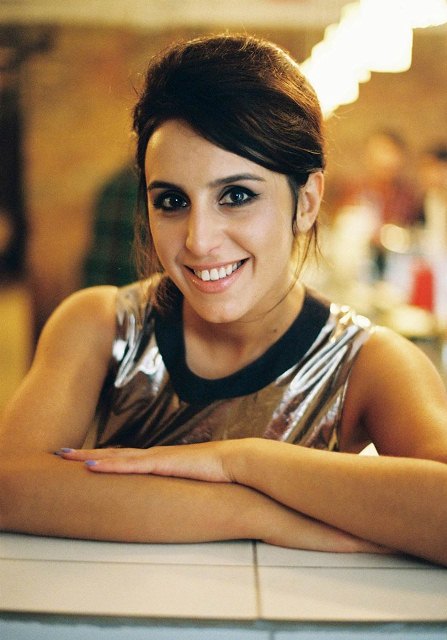
– Are you familiarized with the song of Armenia’s representative—Iveta Mukuchyan? Did you like it?
– Yes, it’s a brilliant song. Iveta herself is a worthy performer. She has all the chances to hold top positions.
–I know, your mother is Armenian. What do you know of Armenia? Have you ever been to Armenia?
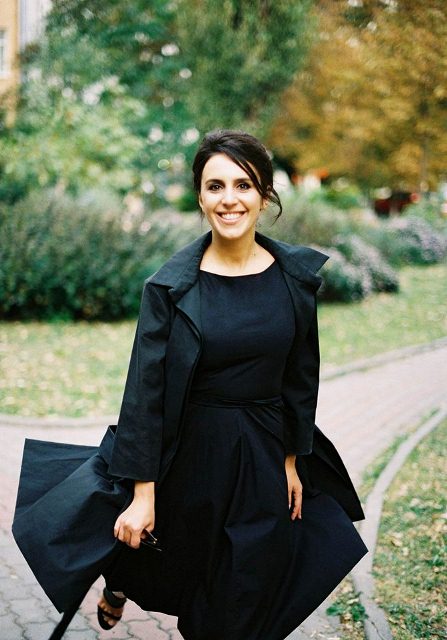
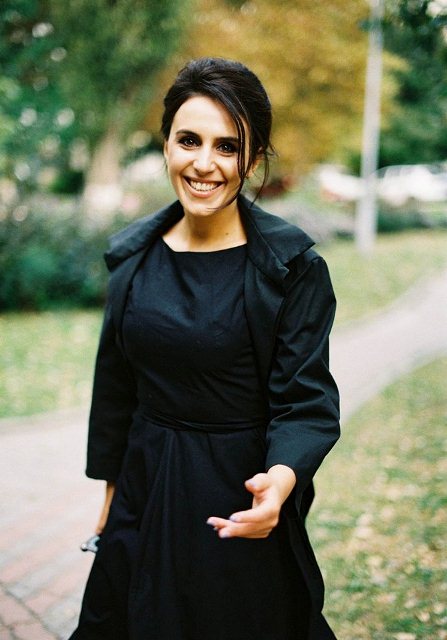
– Ancestors of my mother are from Nagorno-Karabakh, from where my great-grandparents were forced to leave for Central Asia. My grandfather was 5 then, their family was evicted. He did silkworm breeding in Kyrgyzstan. One of my uncles tried to make our family-tree to understand who’s on its roots. It turned out, that mother’s side of my great-grandmother is the relative of my favorite composer—Aram Khachatryan. A crucial meeting in my teenage years was acquaintance with Genady Astsaturyan, Armenian composer and arranger living in Crimea. He taught me to jazz, listening to hard music, and did arrangement for me. I was a member of the Astsaturyans, and was visiting Armenian parties..


I was lucky to get acquainted with Djivan Gasparyan, I’m his big fan. Also, a few months ago I performed with legendary composer Michel Legrand. And in “1944” performs Armen Kostandyan, my friend and a great duduk-player. Two years ago I performed in Yerevan. As soon as the plane landed, the very moment I realized I was at home. I saw so many wonderful places in two days: Echmiadzin, Pagan Temple of Garni, Geghard… I was in Kotayk region, in Tsaghkadzor—a gate, from which opens a scene to Ararat valley, Sevan Lake and Sevanavank…I’m eager to come to Armenia once again.
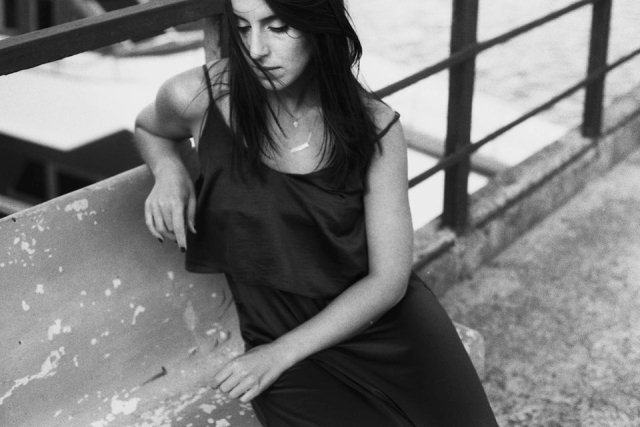
By Razmik Martirosyan





